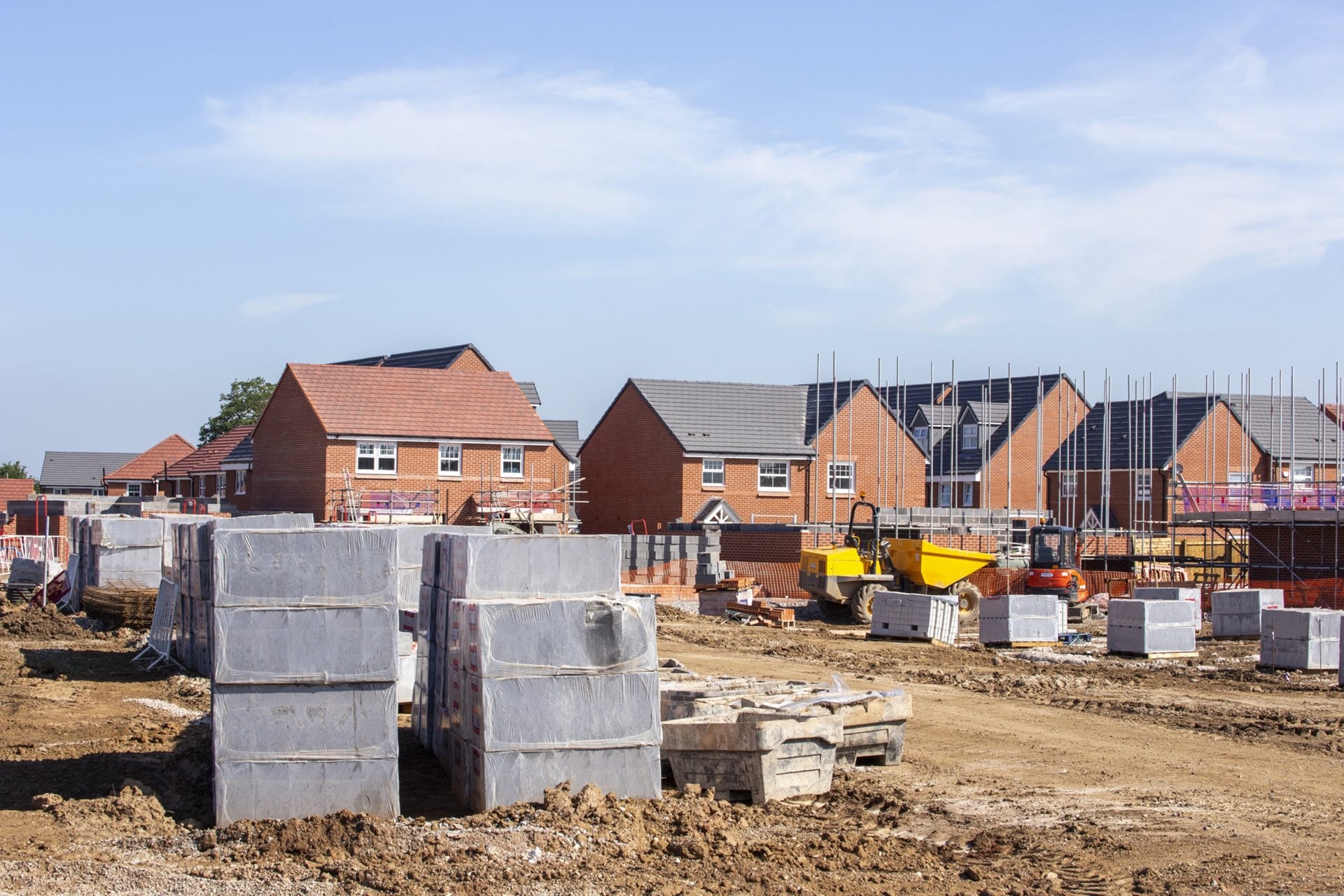Fed presses pause indefinitely on rates, housing market finds silver lining
A single world left out of the statement from the Federal Reserve this week has spurred excitement in the stock market. The Fed stuck to its patient stance with regard to raising rates in 2019, but left the word "gradual" out of its discussion of future adjustments, which is key. That has decommitted the Fed from leaning one way or the other on rate hikes for this year. Fed Chair Jerome Powell was frank in his statement, saying he would "need to see a need for further rate hikes" citing that the case for raising rates has weakened.
A big change in the jobs report released this morning by the Bureau of Labor Statistics, however, as unemployment ticked up to 4.0 percent. That was due in large part to the partial government shutdown forcing some government employees to apply for unemployment benefits.
Nonfarm payroll employment increased by a whopping 304,000, much higher than the average monthly gain of 223,000. According to the BLS' report, "there were no discernable impacts of the partial government shutdown on the estimates of employment, hours and earnings from the establishment survey."
Private nonfarm payrolls increased slightly by 3 cents compared to a 10-cent gain in December. The year-over-year payroll growth has gone up by 85 cents, or 3.2 percent.
Employment gains in November and December have been revised down by 70,000 from what was previously reported.
Private payrolls also increased according to the ADP National Employment Report released on Wednesday. The data shows private payrolls increased by 213,000 in January when some economists predicted more modest growth of 178,000. JP Morgan Economist Daniel Silver says this shows the extended government shutdown did not have a meaningful impact on the private labor market.
An interesting addendum to the Fed's discussion about interest rates was when Powell addressed the Fed's balance sheet. The balance sheet shows what the Fed holds in Treasuries and mortgage-backed bonds. That amount ballooned to $4.5 trillion recently, a strategy by the Fed to ward off a depression.
Now, with the economy stabilizing and inflation right around the level that the Fed deems neutral, Powell says the Fed will move away from an autopilot approach of shrinking the balance sheet if conditions warranted. That announcement was well-received by the stock market with the S&P on track for one of its best years since the late 80s. The Fed auctioned off a good portion of its 4 and 8-week bills on Thursday.
Housing prices slow, new home sales rebound

We finally have access to the new home sales data that was delayed by the government shutdown, and it's a big positive for the housing industry.
November's new home sales were 17 percent higher than October's pace, running at a seasonally adjusted rate of 657,000. Sales were still lower year-over-year with November 2018 coming in 7.7 percent lower than November 2017. However, the average price of a home was also considerably lower in 2017.
The largest increase in new home sales was seen in the South which is more than likely a result of Hurricane Michael. It's expected that we will see a dip in that region once December's numbers are revealed.
The closely-watched S&P CoreLogic Case-Shiller Home Price Index shows that the housing price surge is continuing to slow down, especially in larger markets. Home prices grew by 5.2 percent in November, down from 5.3 percent in October.
Home prices are only part of the issue slowing down purchasing in some markets. Rising interest rates created a headwind, but so did higher property taxes. Scott Buchta, the head of Fixed Income Strategy at Brean Capital, points out that "the average borrower still has about 6 percent less purchasing power than they did a year ago."
Although home prices are slowing down, they are still growing and are still high, making it difficult for a first-time home buyer to find and afford what would be considered entry-level homes.
However, if home prices continue to fall and incomes increase as they have been, it's possible the spring housing market could see a boost, especially with the Federal Reserve holding off on rate increases for the time being.
Fannie Freddie reform slows down
What once was framed as an expedited reform process has morphed into a more bureaucratic procedure involving extended collaboration and congressional input. Acting Federal Housing Finance Authority had Joseph Otting had intimated that the process of reforming Fannie Mae and Freddie Mac would take just weeks.
In a contradictory statement this week, The White House said "At this time, no decisions have been made on any reform plan. As part of the process, however, the administration will work with Congress to formulate a plan that fully addresses the risks to taxpayers presented by the current housing finance system and that improves the ability of creditworthy Americans to buy a home."
According to Bloomberg News, it seems The White House will put together recommendations and turn those over to the Department of Housing and Urban Development for consideration. Essentially, what seemed like a quick resolution to the question of conservatorship of Fannie and Freddie now appears as if it will take quite some time to change.
Trade talks ongoing

Little information has trickled out of this week's high-level trade talks between the United States and China. There is about one month left of the 90-day trade truce implemented Dec. 1 and the lack of reported progress has left many questioning whether a deal will actually get done.
There are discussions about a possible meeting between President Trump and Chinese President Xi Jinping after a summit between Trump and North Korea's leader, Kim Jong Un. President Trump has already indicated that no deal will be made until he can meet with Xi Jinping face to face.


